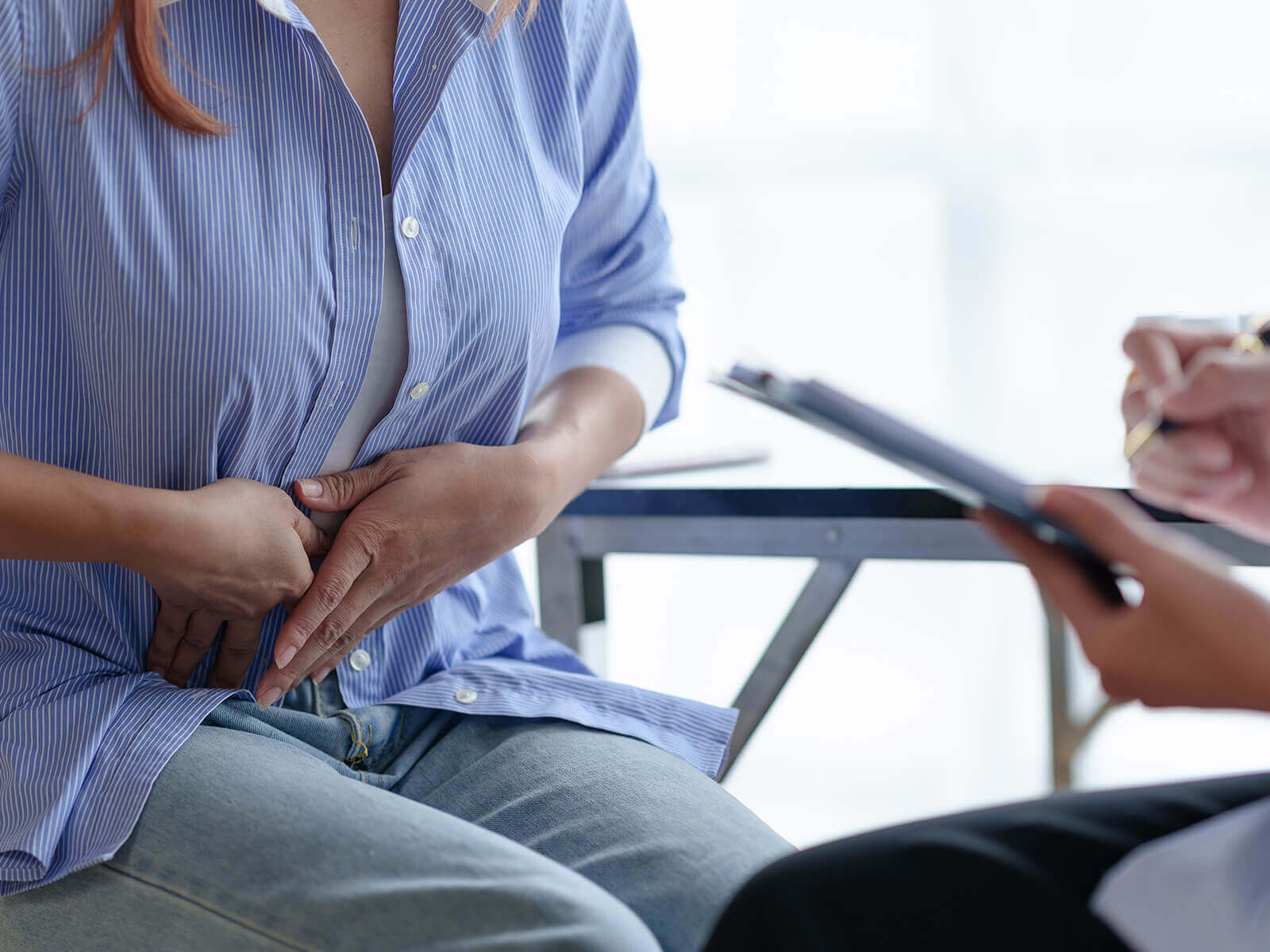
Gastric polyps are small growths that form on the lining of the stomach. They are often discovered accidentally during a routine upper endoscopy. While most gastric polyps are harmless and cause no major problems, certain types may carry a risk of bleeding or can progress into more serious conditions if left untreated.
Many individuals with gastric polyps have no noticeable symptoms. However, when symptoms appear, they may include:
Gastric polyps can arise due to several underlying factors, such as:
Our team of board-certified gastroenterology specialists in Houston combines advanced endoscopic technology with compassionate, patient-centered care to identify and treat gastric polyps. Don’t wait-book your consultation or endoscopy today, and let us design a personalized treatment plan to keep your digestive health on track.
We've successfully treated more than 2.1K patients, helping individuals improve their digestive health and overall well-being through expert, personalized care.
With over 20 years of experience, GastroDoxs has been a trusted provider of gastroenterology care, focusing on delivering the best outcomes for patients
Gastric polyps are small wart-like growths on the lining of the stomach. Most are harmless, though some may develop into cancer if left untreated.
Gastric polyps are usually found incidentally during a routine upper endoscopy and are detected in about 2-5% of all endoscopy screenings.
The ICD-10 code for gastric polyps is K31.8, which falls under “Other specified diseases of stomach and duodenum.”
Most gastric polyps are benign. However, adenomatous polyps have a small potential to become malignant and should be monitored or removed as advised.
Diagnosis is typically made during an upper endoscopy, which allows direct visualization of the stomach lining and biopsy of any suspicious polyps.
Yes. Chronic infection with H. pylori is linked to inflammatory polyps, and eradication therapy plays an important role in preventing their progression.
Treatment depends on the size, number, and type of polyps. Options include observation, endoscopic removal, antibiotic therapy for H. pylori, or medication adjustments as needed.
Yes. Preventive steps include avoiding long-term unnecessary use of proton pump inhibitors, quitting smoking, maintaining a balanced diet, and promptly treating H. pylori infections.
The frequency of follow-ups depends on the polyp’s size, type, and pathology. Your gastroenterologist will create a tailored monitoring plan.
GastroDoxs in Houston provides expert diagnosis and treatment of gastric polyps by board-certified gastroenterologists using advanced endoscopic technology.